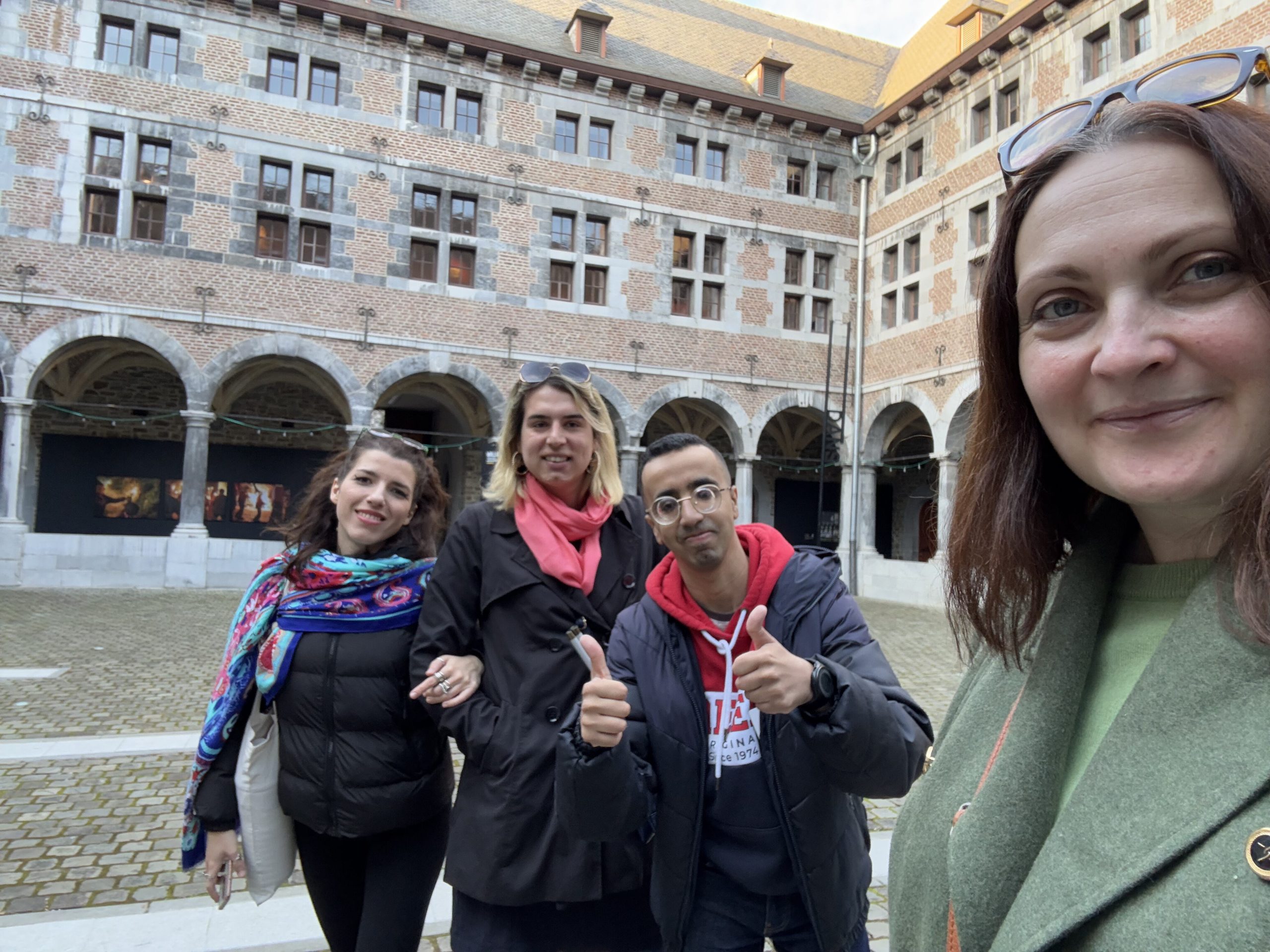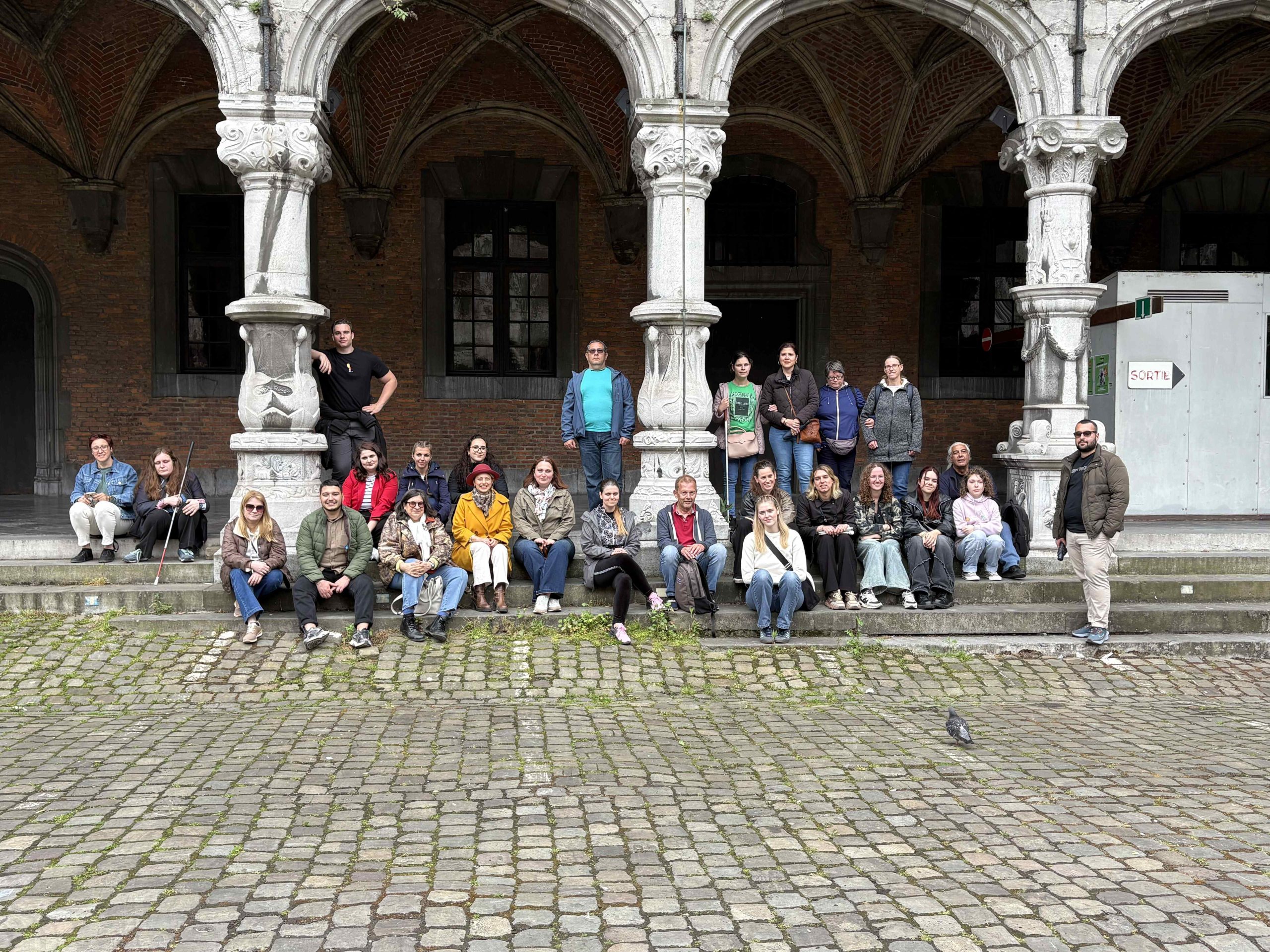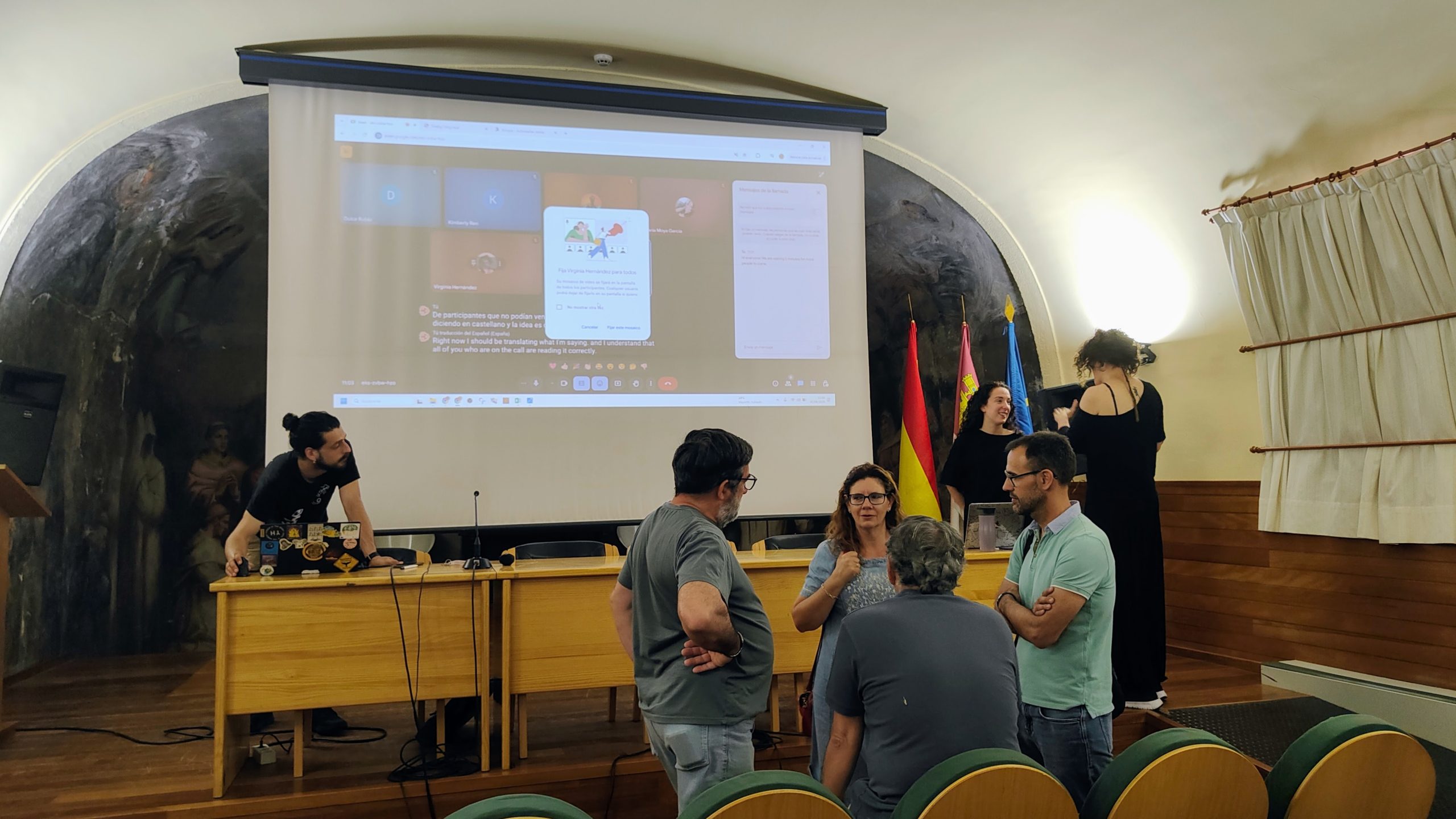Engagement and curiosity: Youssef’s ESC experience in Liège
Youssef joined us in Liège in late January 2025 to work with La Baraka and the Coordination Socio-Culturelle de Sainte Marguerite. During his five months of ESC volunteering, he developed…




